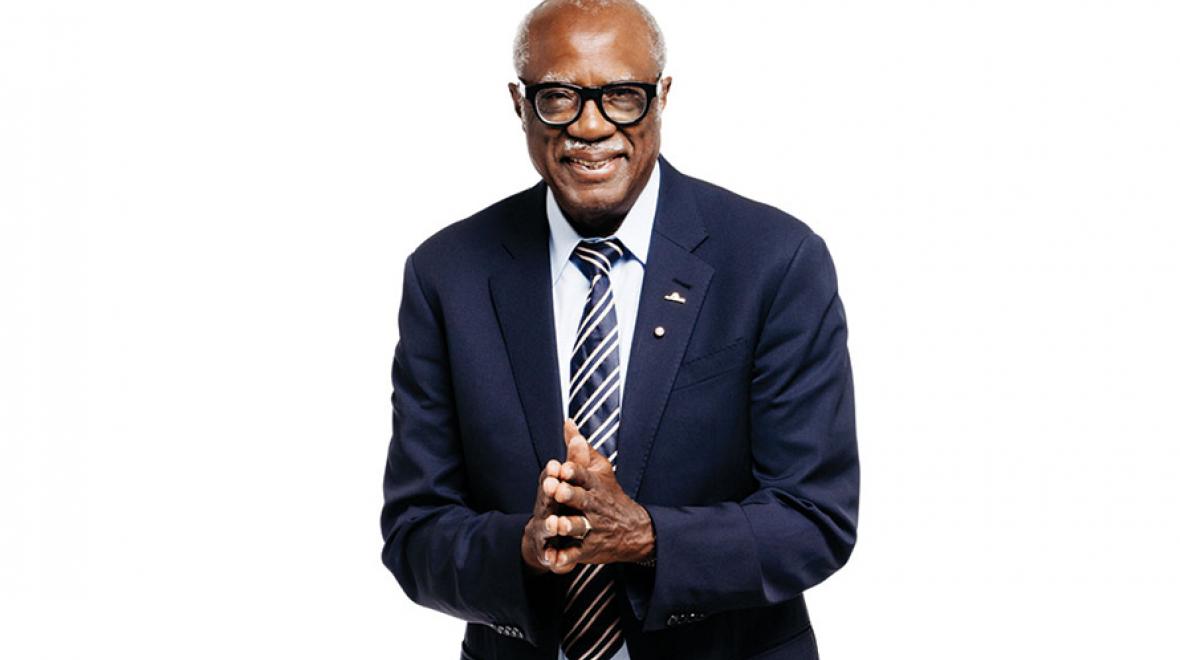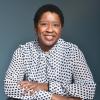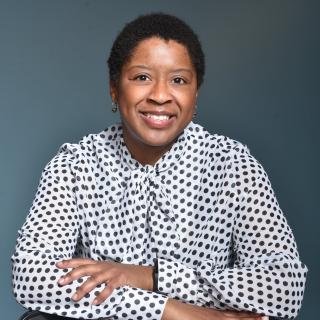
James A. Banks, Ph.D., grew up as the youngest of six children on a cotton farm in Arkansas. In the decades since, he’s built an expansive 50-year career that includes six honorary doctoral degrees, lectures presented around the world and more than 20 books that he’s written or edited on the topics of teaching, learning and multicultural education.
Banks is currently the Kerry and Linda Killinger Endowed Chair in Diversity Studies at the University of Washington, where he is the founding director of the Center for Multicultural Education.
The international scholar talked with ParentMap about child development (and parent development!) in today’s world.
What advice would you give White parents who are currently raising minoritized children?
Help your children to develop a positive physical identity with their racial and ethnic groups. This is especially needed for Black and Latinx children raised in White communities. Children can internalize racism; therefore, it is important for children to have a strong self-concept, while simultaneously going beyond borders. My daughters were raised in the suburbs of Seattle, and [my wife and I] actively helped them feel good about being Black.
We currently live in a very vocal and agitated country that not only has vast differences in opinion, but also differences in understanding diversity and human rights. How do you suggest going about uniting the country with a focus on children?
Multicultural education, in essence, makes America “America.” We need to reclaim common values of justice and equality. This will require that we not live in a time of “alternative facts,” but one that considers the “moral dilemma” inconsistent with American values of freedom, equality and democracy.
How do you feel that technology can be used to educate small children concerning multicultural topics?
Media including simulated experiences and multicultural movies can have very positive effects on children at very young ages. People don’t have to be next to someone to understand their culture. Children as young as preschool come to school with preconceived notions about difference that may or may not have been taught by parents. Media, peer influences and houses of worship help images of diversity to crystallize for them.
If you had to deliver a “last lecture” to parents about educating their children, what would be the topic and its premise?
My last lecture would be entitled “Teach Students to Know, to Care and to Act to Make Our Nation and the World More Just and Humane.” The lecture would be reminiscent of Dr. Martin Luther King Jr.’s famous quote: “The arc of the moral universe is long, but it bends toward justice.”
We often read of the plight of people of color in textbooks, but my adult daughters, who are both professors, are faced with some of the same challenges: stereotyping, prejudice and microaggressions. … It seems that we walk 10 miles and get pushed back three. But it’s imperative to keep pushing on.
To teach our children to know and even to care is not enough. We must also teach them to act.











